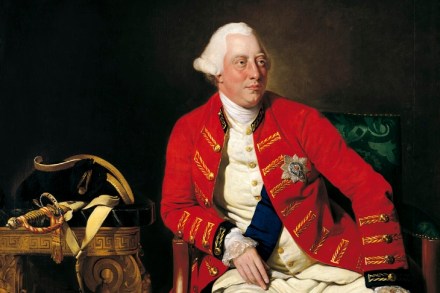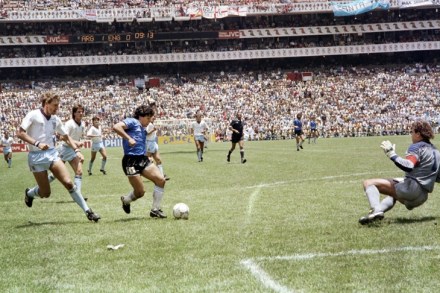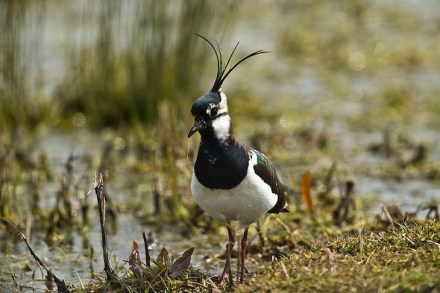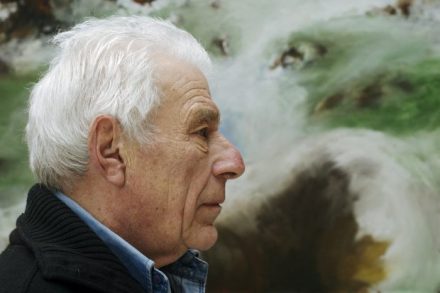Protest all you like. I won’t listen until you burn
I think on balance I would prefer people to demonstrate their opposition to political developments — Brexit, the forthcoming state visit of Donald Trump and so on — by setting fire to themselves in the manner of outraged Buddhist monks, rather than simply by clicking ‘sign’ on some internet petition. I think the self-immolation thing carries more force. It is true that a mass conflagration of a million and a half people in Trafalgar Square would, in the short term, greatly exacerbate the appalling smog afflicting London as a consequence of wood-burning stoves. But as most of the signatories of the petition against Trump coming probably own all of those




















